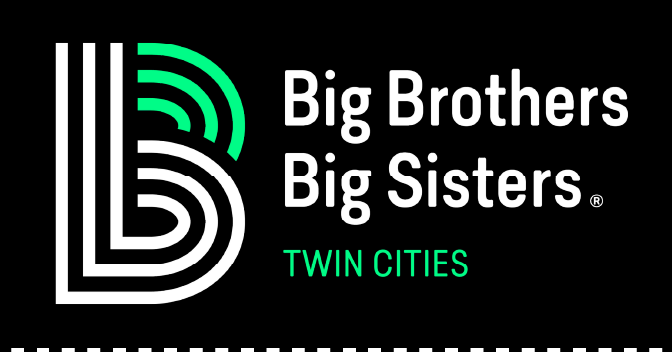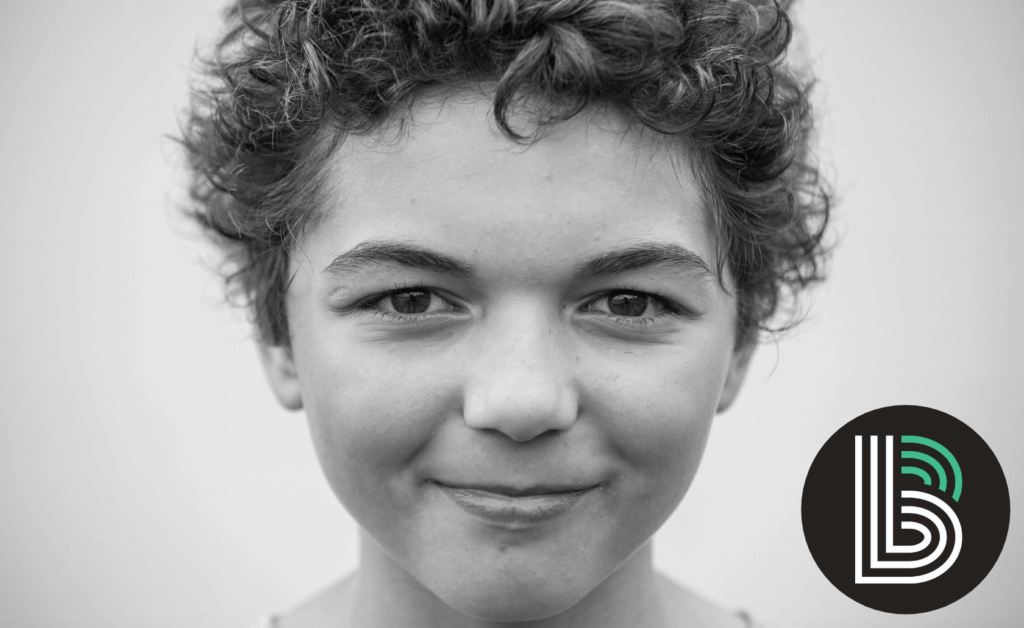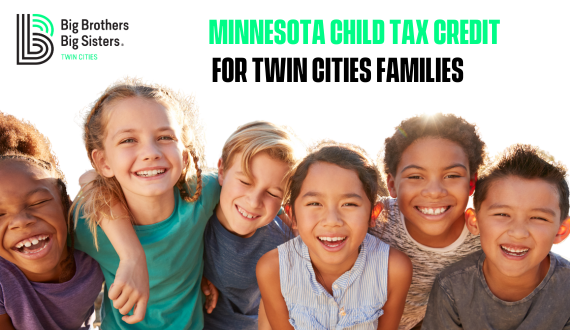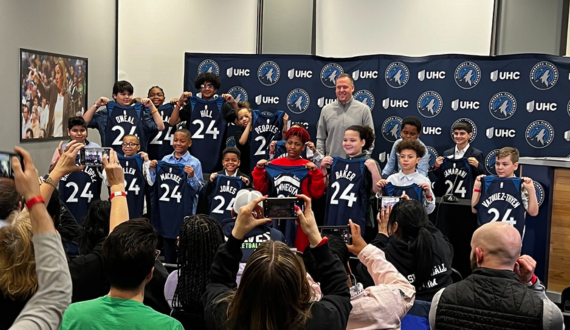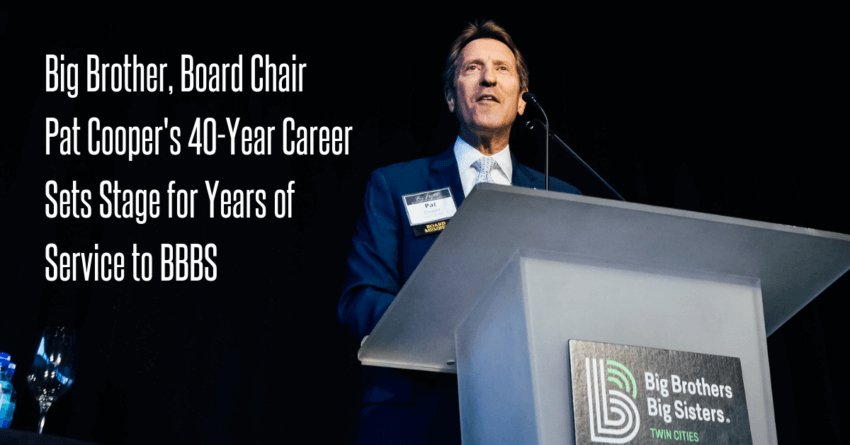
Big Brother, Board Chair Pat Cooper’s 40-Year Career Sets Stage for Years of Service to BBBS
August 21, 2019, bigstwincities
Patric Cooper’s proclivity for constancy and loyalty is evident in a glance at his profile on LinkedIn. There, you will see reference to only one employer. That’s right! Cooper has worked for Federated Insurance in Owatonna, Minnesota, his entire 40-year career. He retired in August, shortly after turning 63.
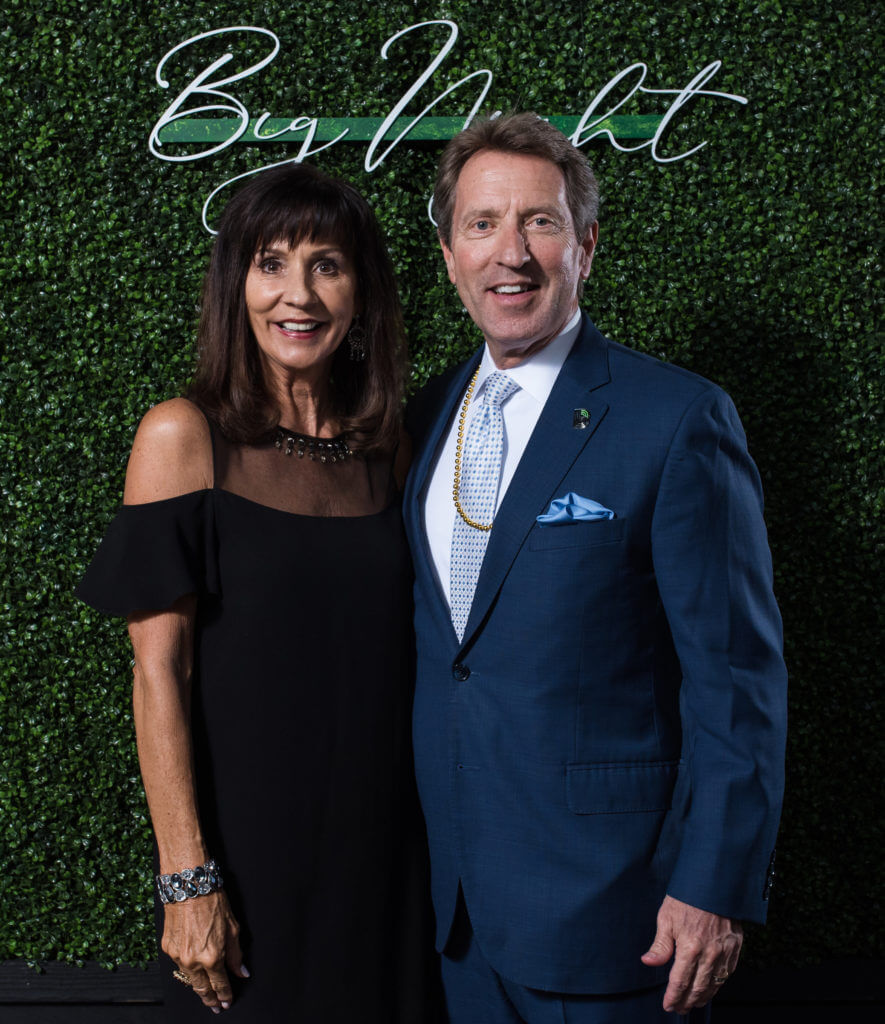
BBBS’ 2019 Big Night Gala.
A gregarious, down-to-earth man, Cooper (who goes by Pat) credits a Federated culture that allowed him to build a nationally renowned career and a philanthropic mission that has supported his years of service to Big Brothers Big Sisters Twin Cities (BBBS), including his current work as board chair.
“They’re a great company,” says Cooper, who rose from marketing development trainee to become Executive Vice President and Director of Communications and Corporate Support, the position from which he retired in August. “You try to put in more than you take out.”
Cooper began his first two-year term as BBBS board chair on January 1, 2019, after spending four years on various board committees and devoting time as a Big Brother. He served initially on the program committee, which he later chaired. “It’s the guts of the organization,” he says, overseeing how many young people can get matched with adult mentors who act as both role models and friends.
He also served on the selection committee that brought in Chief Executive Officer Michael Goar in June 2016; the men’s mutual respect and strong working relationship began developing then.
As Big Brothers Big Sisters prepares to build its own headquarters in north Minneapolis, a neighborhood that Goar says presents both challenges and opportunities, Cooper’s marketing expertise and extensive connections in the business community will serve the century-old nonprofit.
“Pat’s enthusiasm is contagious,” says Goar, who praises Cooper’s personal gifts as much as his professional expertise. “He exudes and lives by this belief that all kids are one caring adult away from being successful. He’s been a constant cheerleader for BBBS. Pat talks about the work and our mission at every opportunity.”
Making sure kids matter
Big Brothers Big Sisters Twin Cities served nearly 3,800 young people in 2018, up 42 percent over the previous year. “Can we get to 4,000 or 4,500?” Cooper asks. “Because we have that many kids who want to participate.”
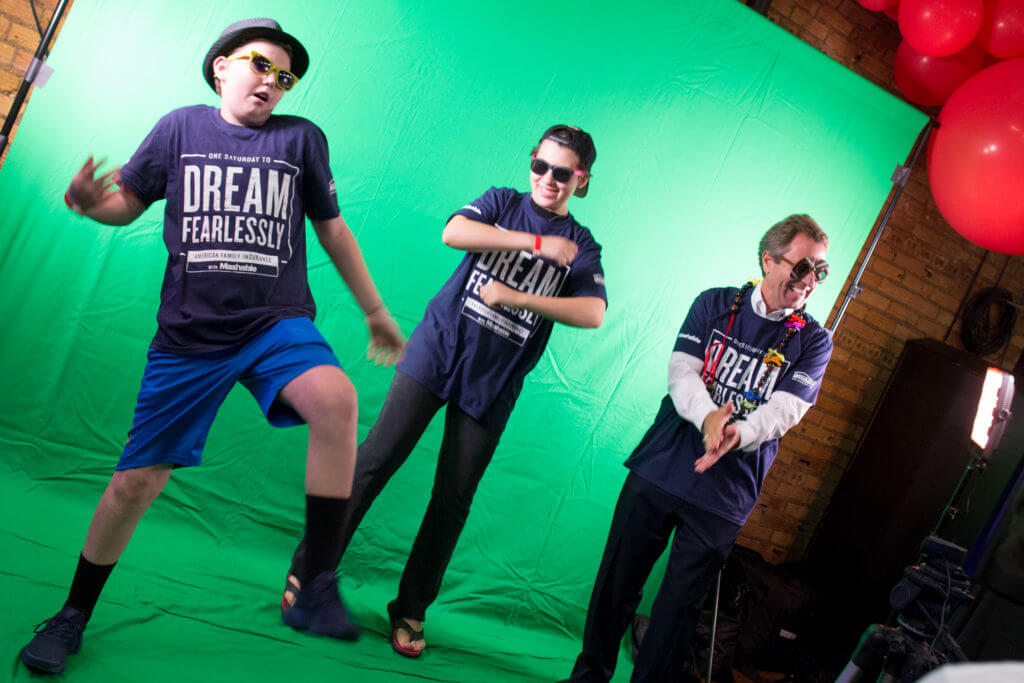
Cooper has been a Big Brother himself since 2015, when his corporate travel schedule slowed enough that he could attend Timberwolves games, shoot hoops, play board games and simply be a presence for a growing boy. Little Brother Nick, now 15, lives in east Bloomington with his mother and two younger siblings. Cooper calls Nick’s mom “a wonderful lady” and channels all of his communication with Nick through her.
“He’s a tough kid who wants to be a tough guy,” he explains. “Every once in a while, you see some softness in him. This is hard sometimes. It’s not a Disney movie. It’s just two human beings trying to figure out how to add value to each other.”
Cooper’s late father was a high school history teacher and football coach who later coached college ball. “My dad knew all the kids at school,” Pat recalls. “He knew good kids running with bad crowds. He’d coach the good kids to bring a kid back into the fold. ‘Help this kid feel part of something,’ he would say.”
That is precisely the work of Big Brothers Big Sisters, to pair youngsters with role models who help them feel they matter. As board chair, Cooper wants to “enhance the brand” through growth in Big-Little community-based matches and site-based mentoring, such as the gatherings at Comcast where 24 Littles show up every other week for lunch.
He wants to get more men involved as mentors (equaling the number of women who serve) and continue to work on sports relationships — such as those already established with the Timberwolves, the Vikings and Minnesota United — “to bring some celebrity power to this cause.”
Cooper’s marketing expertise is essential, says CEO Goar. “How do you position and talk about your agency? How do you sell it to different funders? How do you open up other networks of people? Here’s this highly respected employee of Federated who gives us ample opportunity to meet and present our work in front of lot of funders.”
Breaking ground
About two decades ago, Federated signed on to an annual golf tournament that a fast-food chain sponsored for BBBS. A few years in, Cooper recalls, the then-Federated board chair, Al Annexstad, came to recognize that he wanted a stronger hand in how much money got raised and how it got allocated.
So the company started its own Federated Challenge, a two-day gala and golf event whose total proceeds go directly to Big Brothers Big Sisters. Now in its 15th year, the Challenge has raised more than $35 million for BBBS (“including $2.8 million last year,” Pat says proudly). As the executive who oversees all of Federated’s philanthropic work, he has been involved with the Federated Challenge “since day one.”
A conversation with the articulate Cooper offers perspective on where he has been and a preview of what is coming in his enhanced role at Big Brothers Big Sisters. Pat likes to say that “we’ve” retired; his wife, Anita, has been a key asset to his career. Anita also has been a partner in the Cooper family’s own philanthropic giving to Big Brothers Big Sisters. “We fell in love with this cause in the early 2000s,” Pat says.
On Goar, the former CEO and interim superintendent of Minneapolis Public Schools: “He has redefined the organization. He has a unique view of what is lacking in our high schools. We see an increase of 30 percentage points in graduation rates among at-risk youth if they have a Big. It goes from 61 to 92 percent. Michael talks to educators: ‘Let us in, let us help.’ His belief in what can happen is rooted in evidence.”
On the reach of BBBS: “The Twin Cities has a lot of good nonprofits but few have our economic impact. There’s emotional impact, which is wonderful. But there’s economic impact, too: Kids will get educated and enter the job market. We can help kids find a path out of poverty.”
On preparing to host the national BBBS convention in Minneapolis June 2020: “The reputation of the Twin Cities is very good in the national network. Our leadership is sought out for programs on educational enrichment. We’re doing more curriculum-wise to support matches — in school-based mentoring and the graduation coaches program — and getting good national press for that.”
On retirement: “Now that Anita and I are retired after a 40-year career with the amazing Federated Insurance, we are excited about even more time available to help raise awareness about the life-changing work of Big Brothers Big Sisters. We also have more time to spend with my Little Brother Nicholas!”
On the importance of giving back: “Our strength is the volunteers, those folks who are saying: ‘I will give a substantial amount of my personal time to a child, for a couple of hours biweekly, all year round.’ That’s just as big as writing a check. I hope we look back at my time on the board as a period of consistent growth in children served and revenue raised.”
Amy Gage is director of neighborhood relations at the University of St. Thomas and a former business columnist with the Saint Paul Pioneer Press.
